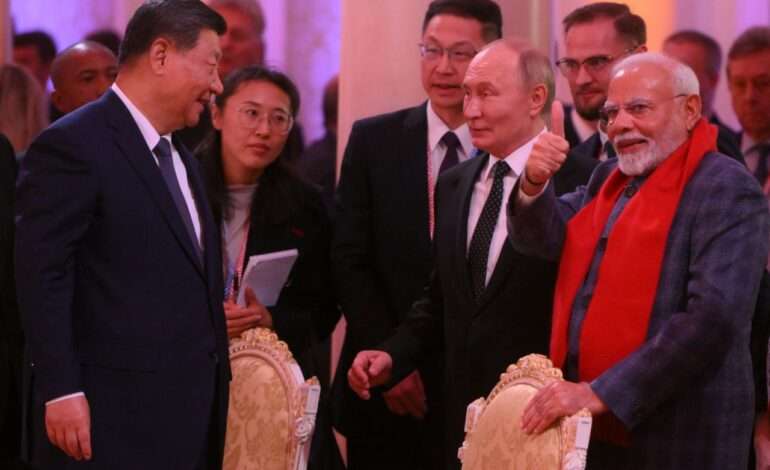
BRICS nations push for reforms while maintaining global system ties
BRICS nations signalled their intent to pursue economic and trade reforms while maintaining ties with the current global system, according to statements from their Foreign Ministers on September 27 at the UN General Assembly in New York. The bloc represents nearly half the world’s population, 40% of global GDP, and 26% of global trade.
The ministers condemned “coercion that threatens to disrupt global trade, supply chains, or introduce uncertainty into international economic activities,” signalling a united front amid US concerns over BRICS’ growing influence. Analysts note that US President Donald Trump’s previous efforts to target members with punitive tariffs and criticism may have inadvertently strengthened cohesion among the bloc.
BRICS originated as BRIC in 2001, with Goldman Sachs projecting rapid growth of Brazil, Russia, India, and China. South Africa joined in 2010, creating BRICS, and the bloc expanded further in 2024 to include Egypt, Ethiopia, Iran, and the UAE. Indonesia became a full member in 2025, while Belarus, Bolivia, Kazakhstan, Cuba, Malaysia, Nigeria, Thailand, Uganda, and Uzbekistan joined as partner countries.
Recent studies highlight efforts by BRICS nations toward de-dollarisation in commodity trade, with India, China, and Turkey exploring alternatives to the US dollar. While the dollar remains dominant—used in nearly 90% of global transactions—it is gradually ceding influence in nontraditional markets.
BRICS also expressed strong support for Ethiopia and Iran’s bid for WTO accession and condemned military strikes on Iran since June 2025, asserting their growing voice in multilateral diplomacy.
Experts note that while BRICS is a loose alliance, its members are increasingly pushing for commercial, financial, and multilateral reforms without breaking from existing global frameworks, signalling a pragmatic approach to reshaping the international economic order.